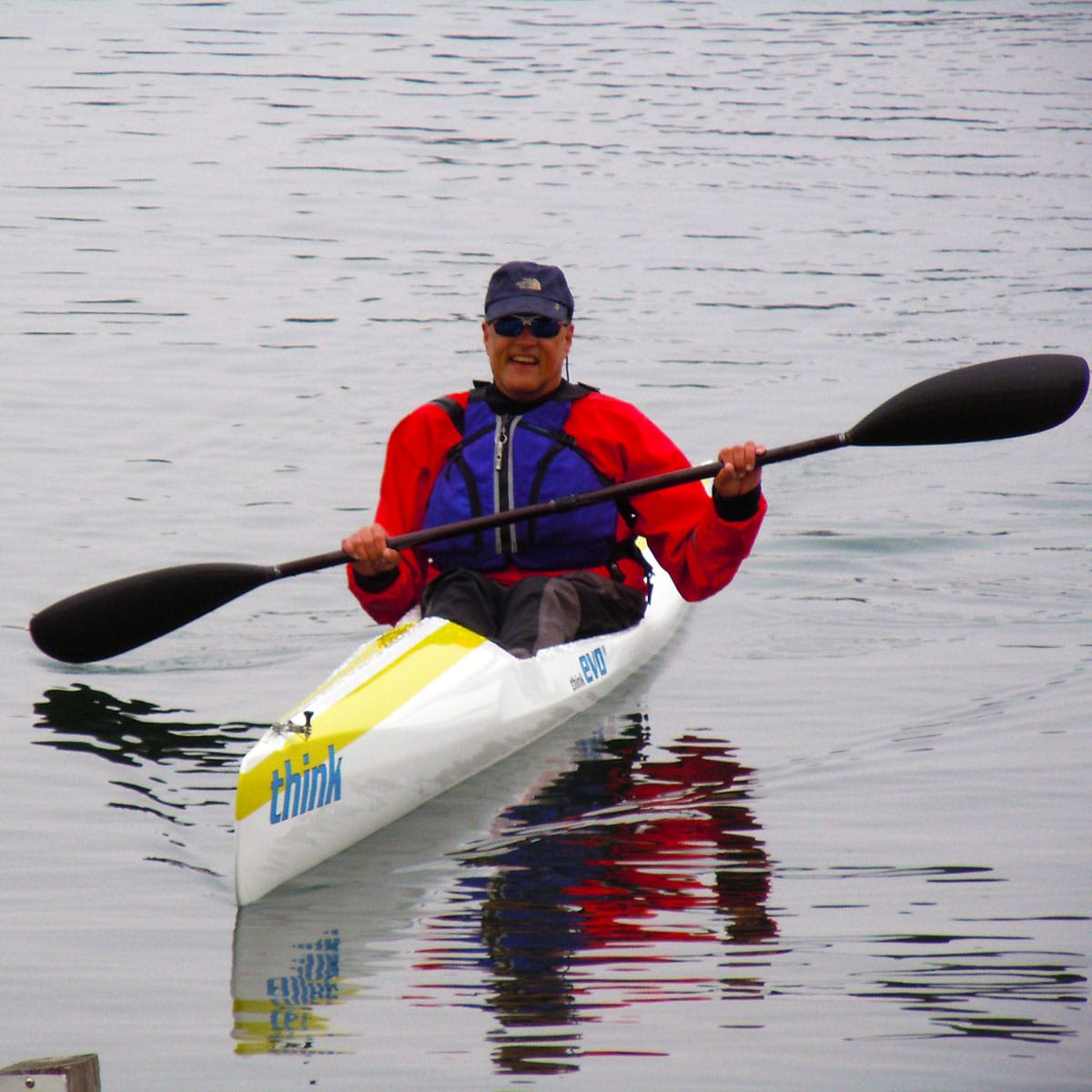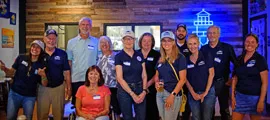CWK Ranger Profile – Manny Aparicio
My wife and I are native Floridians. I am from Tampa. She is from Destin. We met as students at USF, immediately fell for each other, and married in 1980. We also lived aboard a sailboat in Tampa Bay for a while before my career pulled us away. Professionally, I’m a biologist at heart but professionally trained as a psychologist/neuroscientist with an engineering minor. Enjoying the practicality of engineering, I worked in industry to apply what we know about our brain’s real intelligence to make machines more intelligent (Artificial Intelligence). I served many years with IBM in Texas and then North Carolina but then founded my own company in 1999 and sold to Intel in 2015. After some time with Intel, I retired in 2018.

To help maintain and restore the beauty of Florida that I remember from my youth. I remember and still need the recreational fun and mental benefits of touching nature, which is being lost to all of us. More critically, I am deeply concerned about the public health consequences of degraded water quality, especially in regard to algal blooms on respiratory health. Even though still in North Carolina at the time, I mourned the disastrous red, and blue-green algae bloom in southwest Florida over the past few years. However, I feel optimistic. As I enjoyed hearing from another Ranger, “The sea is rising and so are we!” I am motivated to see how Rangers are not just active: they are effectively working to change things for the better in so many ways.
What do you like doing most as a Ranger?
Learning new things – that are meaningful. Even with a strong background in biology, I am learning so much about local botany, zoology, and chemistry in the context of water quality. I’m also learning about legislative and regulatory processes as I become more active and see other Rangers’ successes. The actual practice of measurement and patrol work makes my new knowledge tangible while also meaningful. What’s not to like about all this while also messing about in boats?!
Why did you choose southwest Florida as home and if not a native, when did you arrive?
Although natives, my wife and I have lived away for more than three decades. After retiring, we wanted nothing more than to return home, which we did in October of last year. Getting away from the winter cold (even if relatively mild in North Carolina) was essential in planning for our future health, so we decided on southwest Florida. The Fort Myers area captured us as not too big and not too small, and our home in Punta Rassa gives us access to rivers, bays, sounds, and so much surrounding beauty to appreciate.
What is your favorite waterway in Southwest Florida and why?
We are still new and exploring. We will soon have a proper vessel to cruise out more, but kayaking Shell Creek so far provides us with local mangroves, dolphins, manatees, and many bird species we are learning to classify. Simply crossing a bridge to look out over the Caloosahatchee River or San Carlos Bay is still a thrill.
Why is protecting our waters important to you?
What is more important than personal and public health? This includes several dimensions for me. Physical health is the most critical. This includes concern for toxins in the water and its source of food for us, of course. However, as highlighted in the documentary, “Troubled Waters”, poor water quality leads to algal blooms and airborne toxins, affecting us whether we directly touch the water or not. Wellness is also important, and our waterways provide so many opportunities to get out and exercise, such as kayaking to name but one. Finally, our mere experience of nature, even if passive, improves mental health. Our bodies and our minds are “wired” together with nature and with water in particular. As our waters go, so go we.























